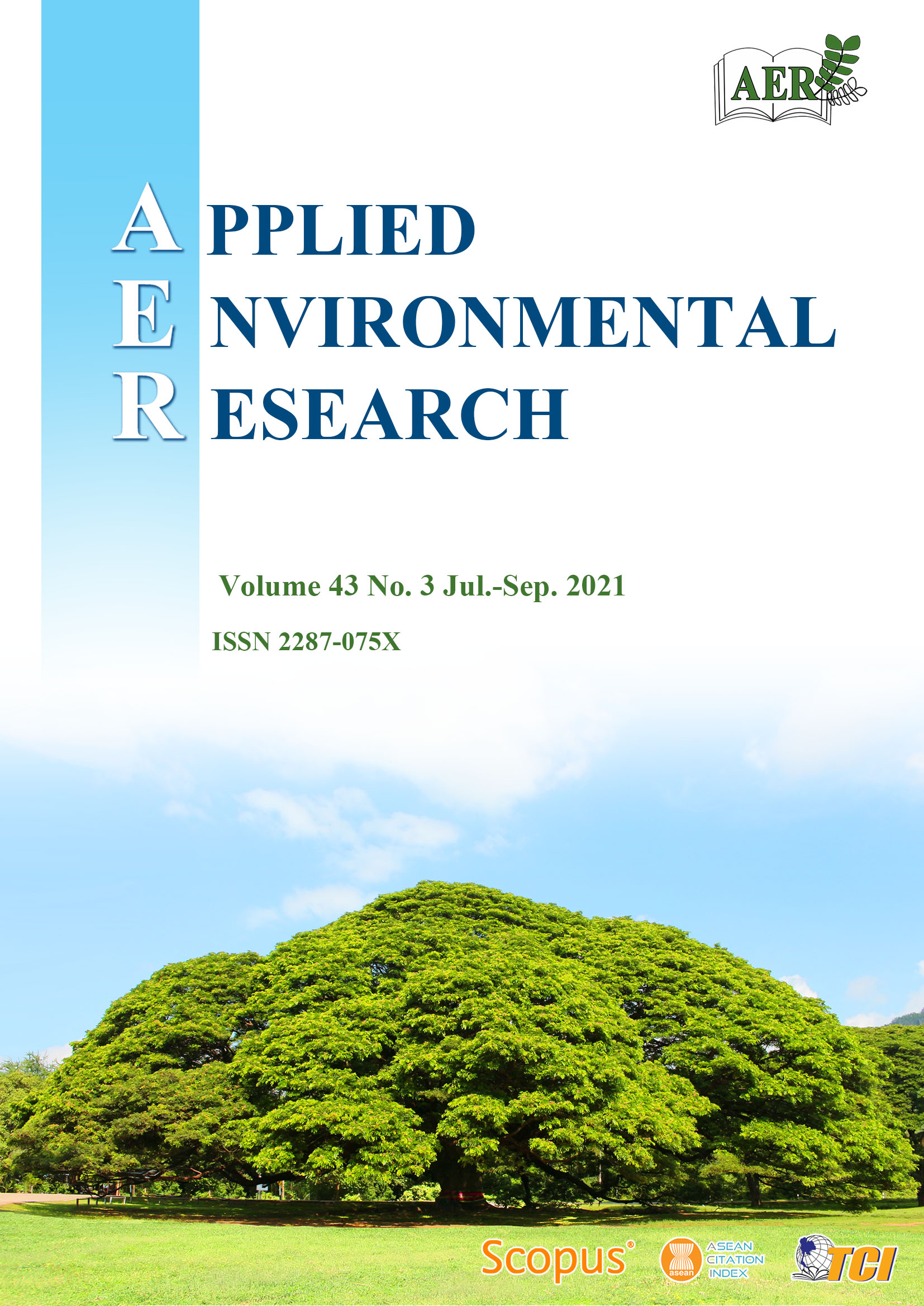A Workforce and Truck Allocation Model in a Solid Waste Management System: A Case from Nigeria
Main Article Content
Abstract
The management of waste with the limited workforce and trucks is a complicated problem. Currently, there is insufficient evidence in literature on how this process could be optimised. In this article, two new models on genetic algorithm and differential evolution were developed to jointly optimise the cost and human reliability of a municipal solid waste (MSW). It optimised this system’s benefit-cost and established the relationship between a MSW’s workforce and truck allocation. Although prior research has revealed relationships among cost, workforce strength, and truck allocation activities, however, the nature of this relationship and the unique attribute of workers’ reliability to influence the total operating cost and the benefit-cost ratio have not been thoroughly understood. A case study of a MSW agency in Nigeria was used to demonstrate the applicability of the proposed model. The results obtained showed preference to the differential evolution algorithm’s results. This article contributes to MSW in the following ways: it presents a model to assign reliability to workforce in a MSW system based on evolutionary algorithms performance, and it optimises a MSW system’s total operating cost and the benefit-cost ratio concurrently.
Article Details

This work is licensed under a Creative Commons Attribution-NonCommercial 4.0 International License.
Published articles are under the copyright of the Applied Environmental Research effective when the article is accepted for publication thus granting Applied Environmental Research all rights for the work so that both parties may be protected from the consequences of unauthorized use. Partially or totally publication of an article elsewhere is possible only after the consent from the editors.

